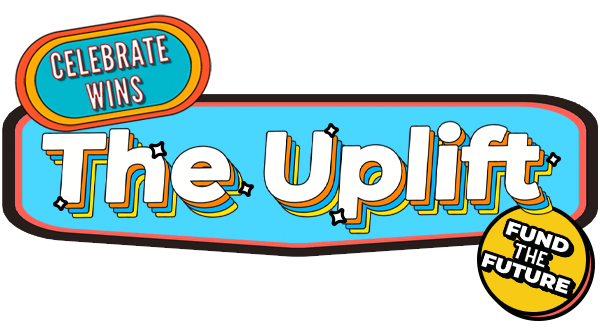
Julie Davids
Julie Davids is a Rhode Island-based
organizer, research advocate and policy advocate. Currently, she is
Senior Consultant at the Community HIV/AIDS Mobilization Project (CHAMP),
coordinating the HIV Prevention Justice Alliance and assisting with
the Prevention Research Advocacy Working Group.
She also co-chairs the Federal AIDS
Policy Partnership (FAPP) and is an External Expert on the Strategic
Working Group (SWG) of the Division of AIDS at NIAID.
She learned the ropes of AIDS activism
from the leaders of ACT UP Philadelphia in the first-wave HIV/AIDS direct
action protest movement. During that time, she worked on campaigns for
needle exchange, health care access, research issues, and the rights
of people of all genders. She served on the Community Constituency Group
(CCG) of the AIDS Clinical Trials Group (ACTG), where she sat on the
Perinatal Transmission Committee.
She co-founded Project TEACH (Treatment
Education Activists Combating HIV), which provides activist and leadership
training for people living with HIV at Philadelphia FIGHT, and served
as the first community organizer for Health GAP, an activist group dedicated
to eliminating barriers to access to HIV/AIDS treatment around the world.


